On November 28-29, 2022, national experts Almira Tazhigulova and Gulnara Akhmetova surveyed nine pilot schools involved in the project to improve the literacy of children in difficult life situations.
Akelius and IITU have been working together on the project “Technical support at the central level to improve Russian language skills among vulnerable groups of children in Kazakhstan for their integration and improvement of learning outcomes at the primary and secondary school level”.
Since October 2022, national experts Tazhigulova Almira Izbasarovna - Doctor of Technical Sciences, President of "National Informatization Center" JSC, Akhmetova Gulnara Batyrbekovna - Doctor of Pedagogical Sciences, Professor of the Department of "Teaching Technologies" of "Syrdariya" University were involved in the project. These experts analyzed the current state of the digital environment in the pilot schools, gave consultations and began to develop guidelines for creating, improving, and maintaining a school-based digital environment.
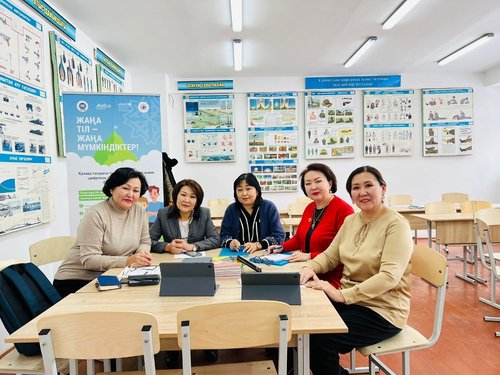
In the course of the study, national experts got acquainted with school directors, head teachers of informatization, teachers of computer science and Russian language, engineers servicing computer equipment. At the meetings, they discussed the prospects for the development of the project, current problems of digitalization of the learning process, education and management at school. They presented their conclusions and proposals in a special report.
“Organization of lessons under the project is an additional educational process in schools, except for schools in Astana. Even though children get tired after the main lessons, they enjoy learning Russian using the Akelius platform. Both teachers and students like working with tablet devices,” Gulnara Batyrbekovna notes in her report.
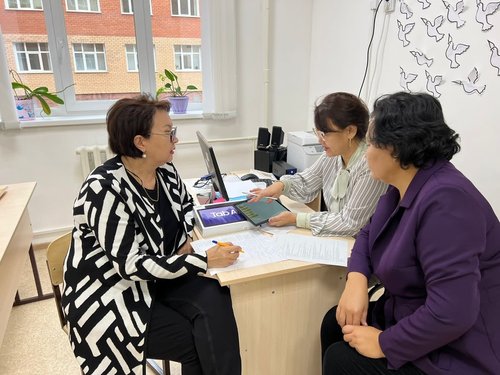
Experts believe that the process of blended learning on the Akelius platform should be synchronized with the standard Russian language curriculum. In addition, in their opinion, it is necessary to develop clear requirements for the number of hours per week.
“Currently, classes on the project in different schools are organized differently. In Astana, classes are held twice a week for two hours, and in Almaty and Shymkent - twice a week for one hour. The shortage of classrooms is observed in the school-gymnasium No. 152 of the city of Almaty, because of training in three shifts, as well as in two schools in Shymkent - No. 50 and No. 76,” the document says.
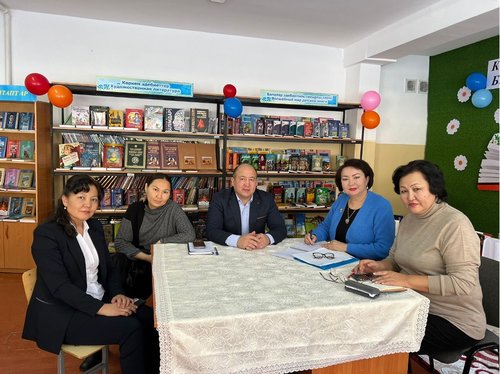
National experts believe that for effective learning, the number of children in groups should not exceed 10 students. Also, in order to achieve the result, the provided equipment, including tablets, according to experts, should be available to students not only during the lessons.
“ We propose to consider the conditions for taking tablets home, since at present only in one school (school No. 60 in Astana) children are allowed to take them home, while in other schools, tablets are used for 15-20 minutes in class. Such conditions reduce the effectiveness of the entire project ,” experts say.
Also in their report, they indicated that the teacher's workplace should be equipped with computer, printer, scanner, projector, or interactive screen so that the teacher could explain the topic effectively to the entire class.
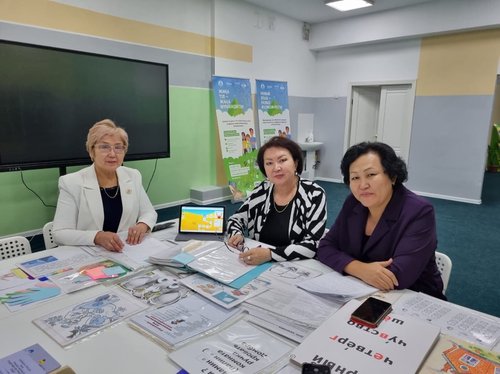
“All teachers stated the need for short-term planning of each lesson. In our opinion, this issue is not laborious, since it can be solved in the following way: each teacher of the pilot school can be involved in developing a set of plans for 10 topics, for example, and then share it with the colleagues, as a result of which, a total of 110 lessons will be developed. Further, these lesson plans can be placed on the network for access for all teachers,” experts recommend.
Additionally in their report, experts point out the lack of clear criteria for evaluating communication skills at the initial and intermediate stage of training.
“We did not see the achievement of the planned results in the Russian language. We need a mechanism for technical and methodological support and evaluation of the intermediate results of implementation (every three months, 4 times a year),” experts share their views.
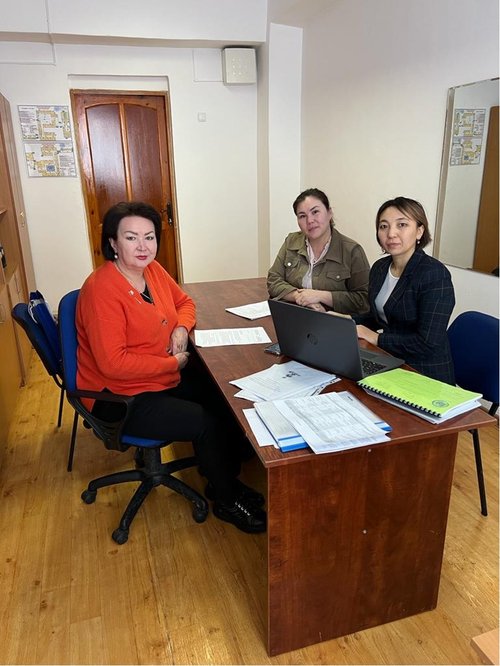
Also, the survey showed that not all teachers are familiar with the possibilities of offline work with Akelius software. Experts recommend to provide a detailed Akelius user manual covering all levels, where steps and stages of moving through the software are clearly presented. They also ask to consider the issue of paying for Internet traffic for teachers.
“To download the Akelius software and keep it up to date an Internet connection is required. In most schools, the Internet is slow or non-existent, Russian language teachers pay for Internet access at their own expense. We recommend providing payment for internet traffic for teachers on a monthly basis, as downloading Akelius software is resource consuming,” the experts advise.
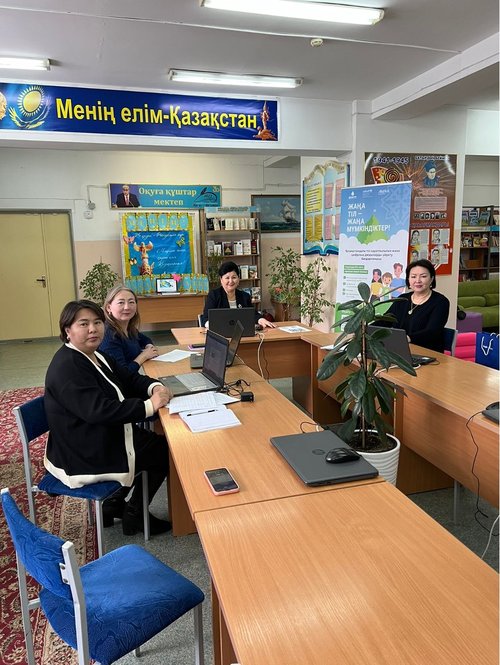
In the course of the study, experts analyzed the results of trainings conducted for teachers in pilot schools. During the survey, teachers were asked to conduct offline trainings in the classroom in order to immerse into practice.
“It is necessary to consider issuing a certificate for teachers and schools on participation in the project, since “participation in projects” is an important criterion for attesting teachers work and schools licensing,” the experts concluded.
The results of the study will form the basis for the manual "Digital Educational Environment: A Guide to Application and Implementation in Schools". Based on it, technical specialists, teachers and school administration are expected to create and ensure the proper functioning of the digital educational environment.
